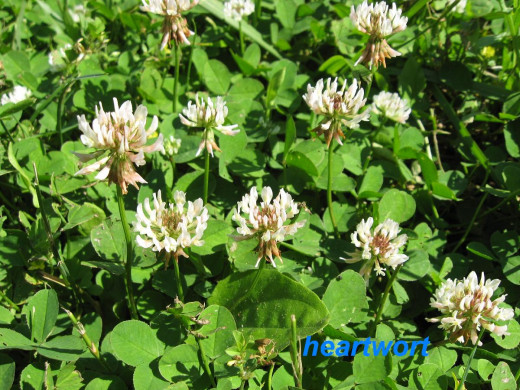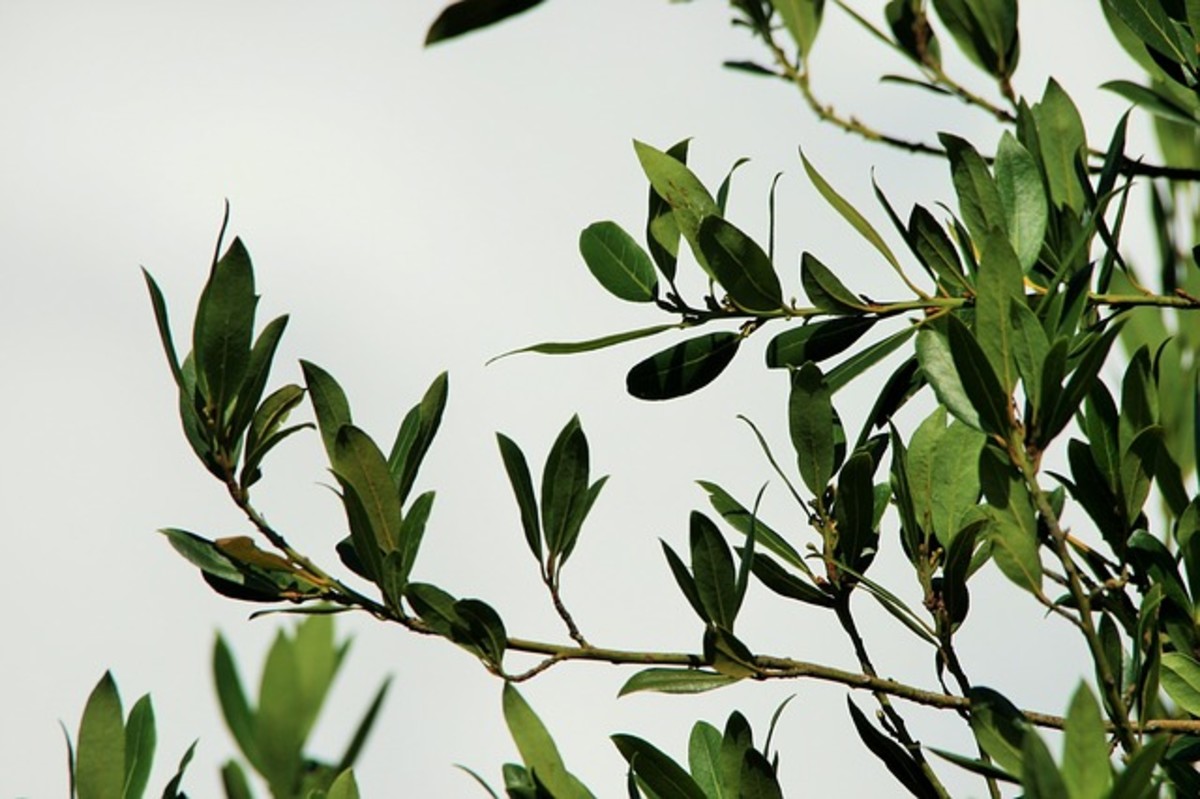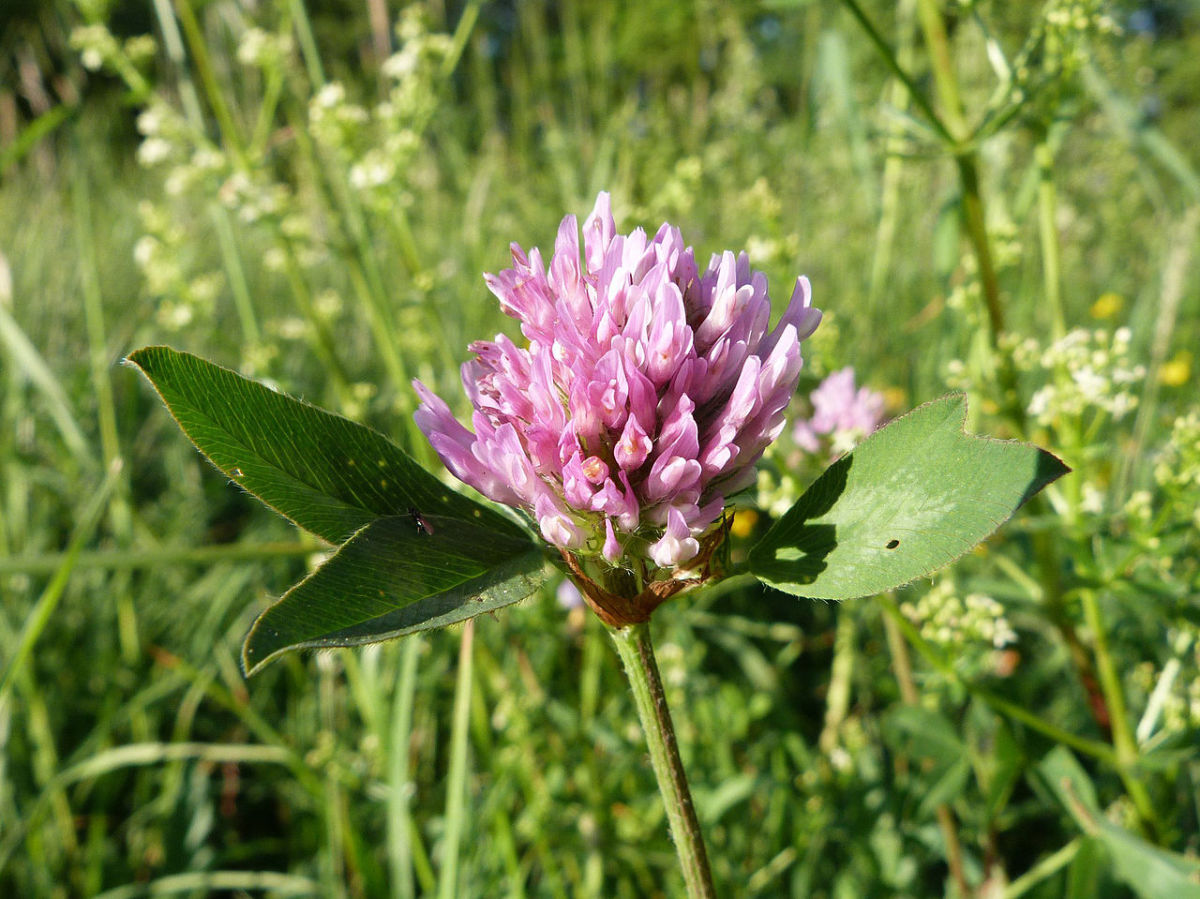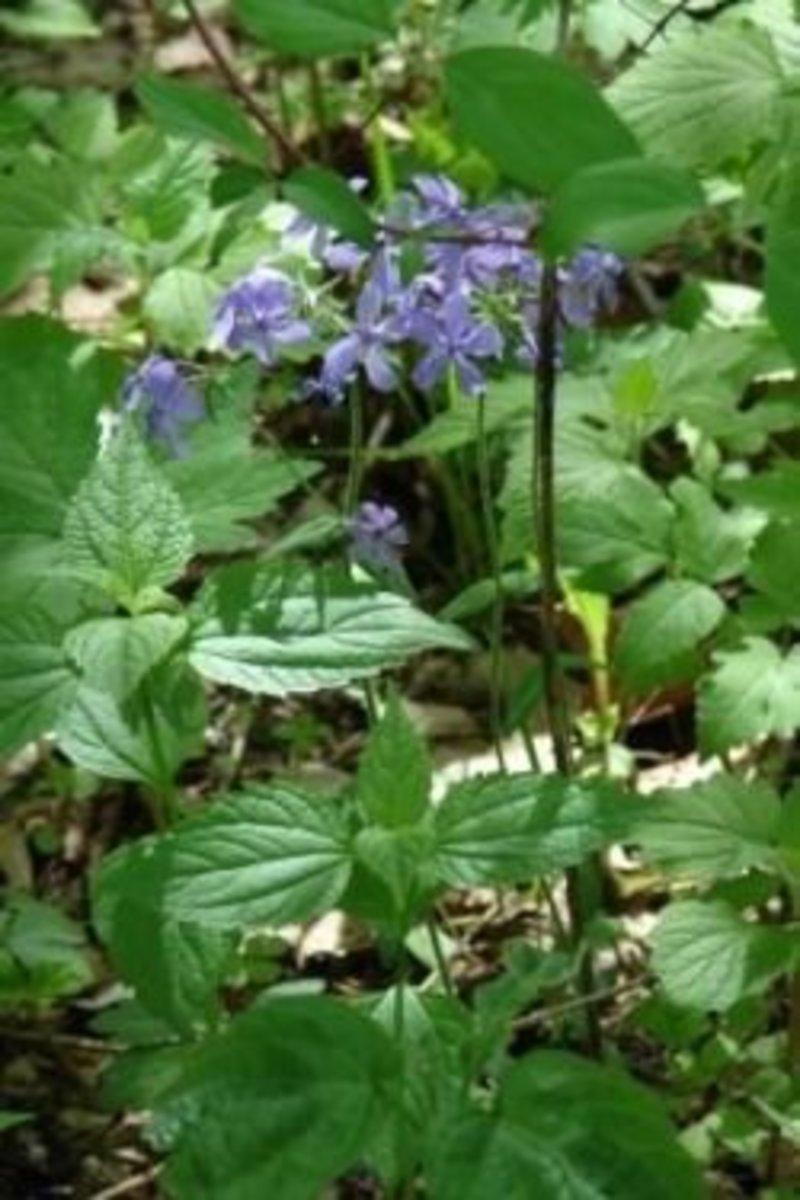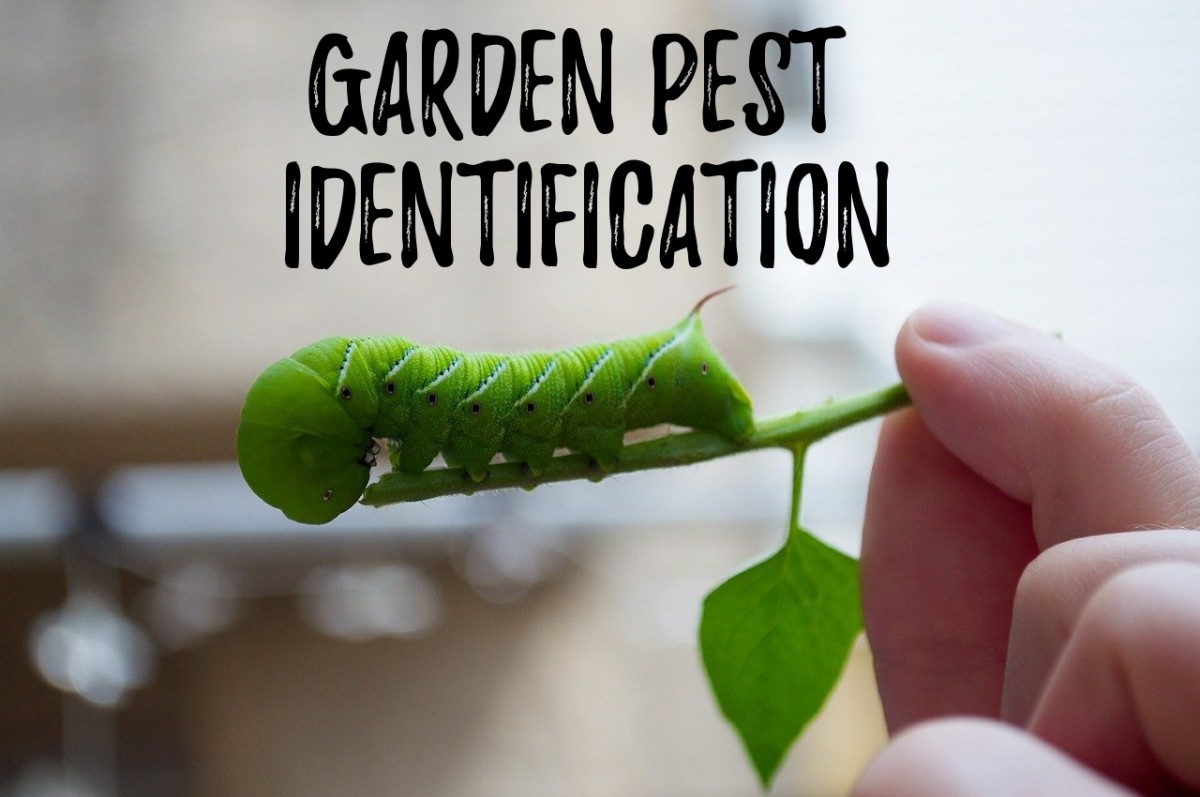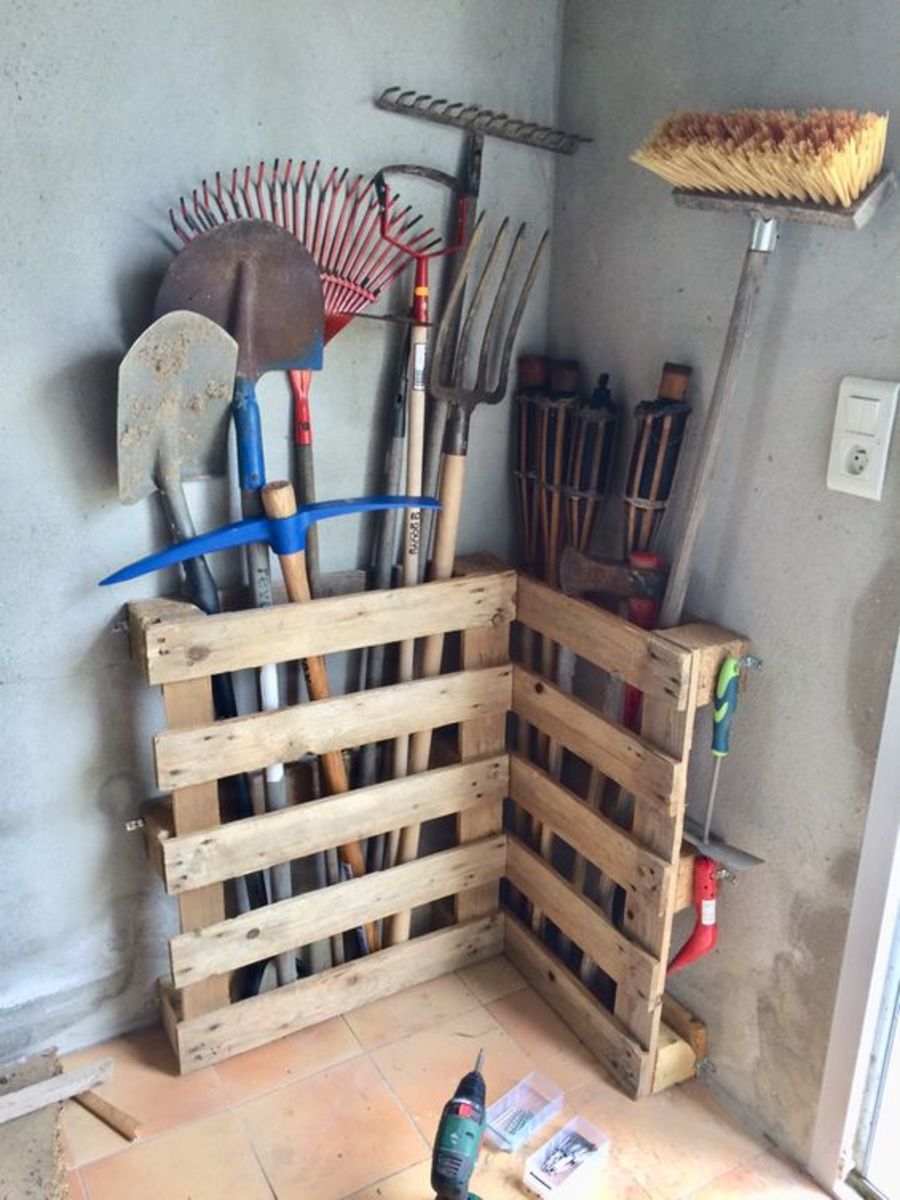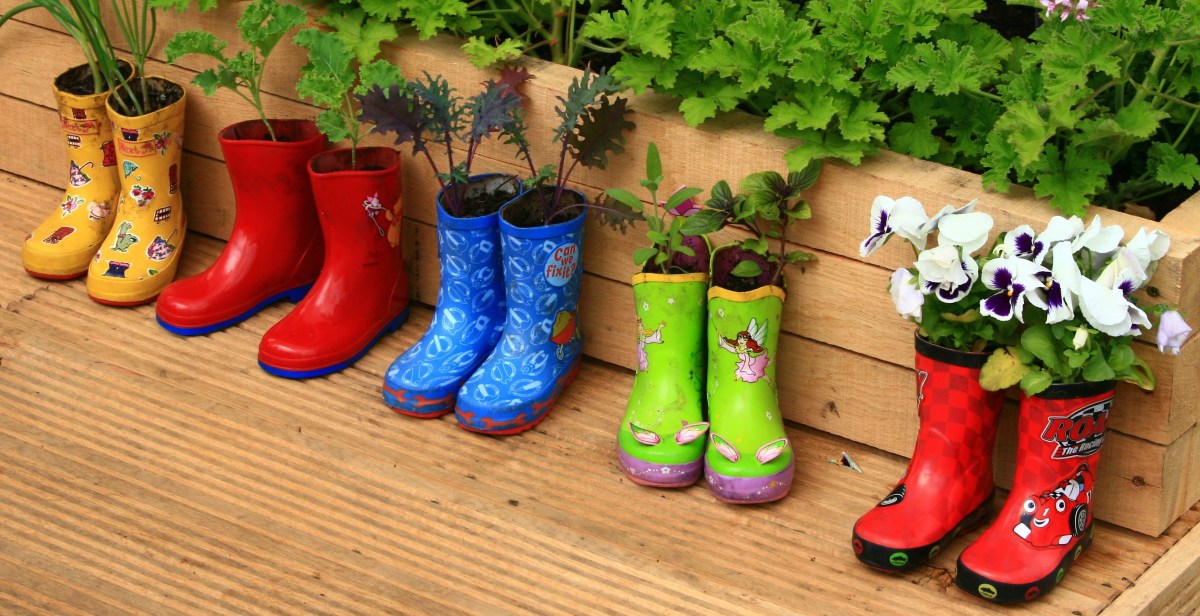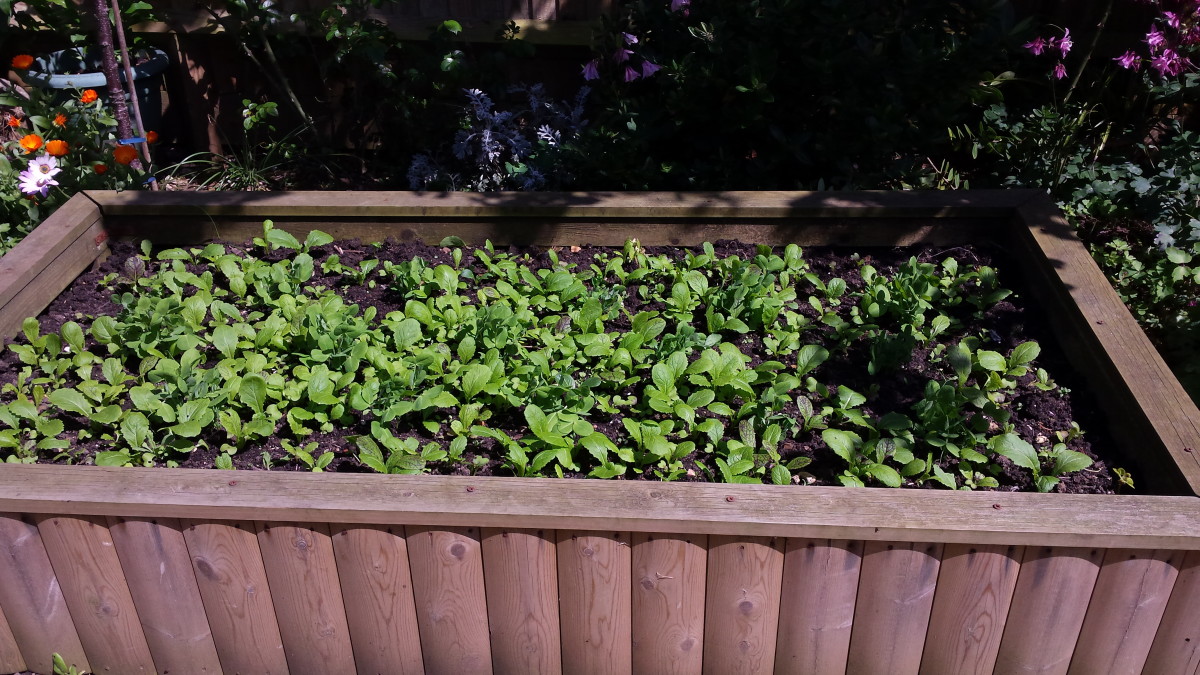Backyard Herbalism: A Quick Guide for Beginners
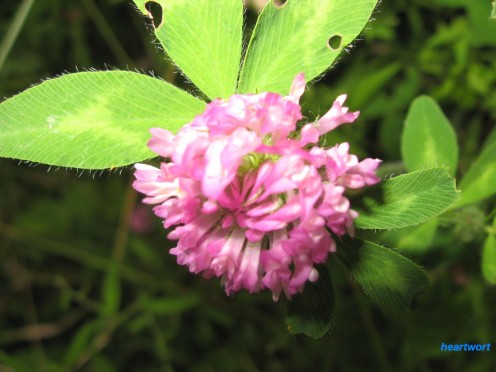
What is a backyard herbalist?
The title herbalist brings to mind someone dedicated to treating others through the use of herbs. A backyard herbalist incorporates herbs into their daily life for both pleasure and health. They may share their experience and knowledge with others and have many home remedies to tell you about but they don't act as practitioners of herbal medicine. Treatment for serious and persistent illnesses still needs to come from trained professionals. Many home herbalists do attend seminars and take courses in their craft but a backyard herbalist is more of a layperson. Many of our grandmothers and great grandmothers were probably backyard herbalists in their own way.
Backyard herbalists look to the backyard for what they need. They share a love of plants and the benefits they provide. They learn how to use the plants around them. They might collect some and grow others. They learn how to make things from the natural products around them. They want their good health to come naturally and prefer to take care of themselves and their families.
For me, "Backyard Herbalism" started out as a school web project years ago. Learning about and using herbs was a subject near and dear to my heart and, so, great fodder for my project. I needed a name and that fit. It was posted as part of an independent website for a while, and I'm now revamping it for HubPages. As the information has developed, so has the concept.
Not that the concept or term is mine in any way. I have seen several people and websites use the term but most share a common thread in the context with which they use it. Simply put, backyard herbalists are people who love to grow and use the plants and herbs around them. The more uses, the better. In my interpretation it is mostly about the mindset. There is an attitude of independence, thriftiness and naturalism. It's about being practical, safe, healthy and ethical. It's part of living close to the earth and part of being self-sustaining. It goes beyond the herb garden and medicine chest into the kitchen and home into a way of living in a healthy and natural way.
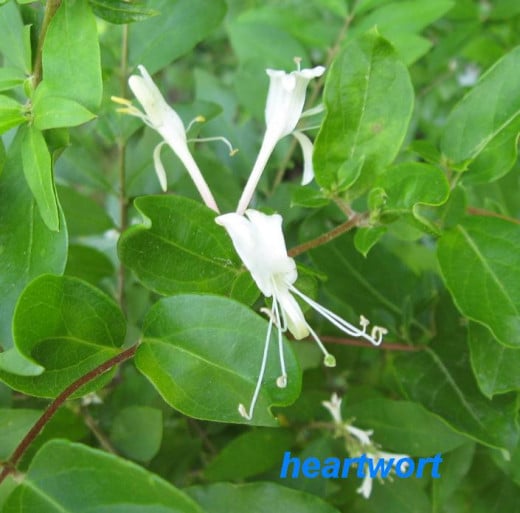
Could you be a Backyard Herbalist?
Maybe you already have the mindset of a backyard herbalist and you don't even know it. There are a number of things that backyard herbalists have in common. Perhaps you do too.
- An appreciation of nature.
- You look to the pantry for a home remedy before you head to the drugstore.
- You try to listen to your body and treat it as naturally as you can.
- You like food that is colorful, flavorful and healthy.
- You could think of soup as medicine.
- You would rather cook from scratch.
- You like to do-it-yourself.
- You garden, either for pleasure or for food.
- You recycle and try to be a steward of the earth.
- You like it better when you don't have to pay money for it.
How do you start?
Check out your area. Have you dandelions or clover in your yard? Plantain popping up in the flower beds? Mullein at the edge of the driveway by the Queen Anne's Lace? Big burdock leaves in the back corner? You probably have at least a couple of those useful weeds in your area if not others as well.
Any non-cultivated roses in your yard? How about wild blackberries or raspberries? Little violets in the spring? Honeysuckle or meadowsweet blooming in summer?
What about planted purple coneflower, pot marigold, or nasturtium?
What is growing there? Look, smell, feel. If you don't know what it is, try your resources to find out, then find out if it's useful and safe. Then, taste - spit if you're not sure you want to ingest it. So maybe you find out that that is not a plant you want to have anything to do with, or it's a plant you want to save because it's going to be useful some day, or maybe you it's a plant you just pick and have with dinner.
What resources do you have? Does your local forest service have an office where you can get plant identification guides for your region? See what your library has for books you can check out on subjects such as plant and tree identification, herbalism, herb gardening, organic gardening, soap making, natural beauty care - whatever grabs you most to start with. Eventually you might want to buy a good herbal to keep for yourself. Google but check your information with more than one source unless you have a high degree of trust for the site. There are several good herbal forums online where a backyard herbalist can discuss with like-minded people.
No back yard? Get a container of dirt and start an herb plant or two growing there. Read up on it. Watch it grow. See how it tastes and smells. Going hiking with your herb identification guide in the national forest. Take some paper bags for collecting in case you see something you want to collect.
You have questions? You will often find friendly and knowledgeable folks working in whole food stores, selling herbs at farmer's markets and at nurseries where herbs are grown. Try to hit them up with your questions when they are not too busy. If they don't know the answers they might know how to direct you. Watch for notices of visiting herbalists who may be speaking in your area. Some agricultural fairs and farm festivals will feature topics that will appeal to the backyard herbalist as well. If you have a herbal farm in your area they may organize workshops or herb walks. If you can, attending an herbal conference or seminar can be inspiring as well as enlightening.
The Obligatory Warnings and Note on Common Sense
Herbal teas and preparations can be a gentle way to respond to the needs of your body for fluid, nutrients and relaxation. They can soothe and treat minor symptoms of illness as well as provide some of the foundations for wellness. If you are trying to use them to treat a specific condition over time you need to know what you are doing.
For instance, say you find meadowsweet growing in your yard and, after research, decide to try a tea for your heartburn. Voila, it works! Great, use it when heartburn and stomach upset creep up on you. But, if you're using this tea every day or multiple times in a day to control your symptoms, you need to seek out the cause of your heartburn. This is what needs to be treated. The meadowsweet may be fine for occasional use but over time could increase your risk of bleeding and bruising due to the salicylate content. The salicylates in meadowsweet are similar to aspirin. If you are taking a baby aspirin every day on the advice of your physician you may be compounding that risk.
This isn't said to scare you off. Just know what you are doing before you try large amounts of something new to you. Many herbs are truly harmless to take in moderate amounts on a daily basis - the mints, chamomile, raspberry leaf and lavender - to name a few. You just need to know how something will affect you if you are consuming large amounts regularly. This could be said of food and other things as well.
If you are taking medicines or have a condition requiring treatment:
- ask your pharmacist about the compatibility of your medicines with herbs
- tell your healthcare provider about herbs you are consuming regularly
Do I need to buy anything?
Before you go out buying anything, look around to see what you already have. Start in the yard but also check out the kitchen. You may be able to discover new uses for staples you already keep.
The spice cupboard.
- Cayenne, garlic, rosemary, sage, cinnamon, ginger, cardamom, etc. You may already have some very useful herbs in your cupboard. Research your favorites to start. What are they good for? Can you take too much? Can you grow it?
- Honey. There are many benefits to using honey as well as specific uses for it. Google provides numerous resources.
- Vinegar. Apple cider vinegar is a remedy of sorts in itself but is also useful in making some tinctures. It has numerous uses both inside and out and there are many recipes for using it, many quite simple. It and other vinegars can also be used for culinary herbal infusions.
- Olive oil. For herbal oil infusions, soaps, salves. It is also used medicinally in several ways.
- Oatmeal. Useful for many skin irritations.
- In the fridge. Celery, onions, potatoes. All things that can be put to use in more ways than just the soup pot.
- Lunch-sized paper bags for fresh cut herbs.
- Glass jars. If you don't already, start saving small glass jars to store your herbs and products. Tinted glass is best to protect from the light but clear is fine.
There are some things you may want to eventually lay a stock of:
- Beeswax. A two ounce block shouldn't be more than a few bucks and it's plenty to get you started if you would like to try your hand at salves and skin balms. Look at farmer's markets and whole food stores.
- Loose herbs. Pick up small quantities of herbs if you want to try them before you and possibly grow or collect. Keep in mind that the cut and sifted herbs at the store usually look a lot different than fresh or freshly dried herbs. Look for color and sniff for smell when buying loose herbs. It's a nice way to try new herbs because you can usually get a small amount inexpensively. Most whole food stores sell bulk herbs.
- Vegetable glycerin. Food grade if you want to make tinctures and use in soaps, skin cleansers and moisturizers.
- A good high-proof vodka. If you want for tinctures.
Look to the yard for plants first. You may find some native herbs growing. Maybe something you could transplant into a prepared bed in order to nurture it along. If you want to get some plants, most nurseries will carry at least a few culinary and medicinal herbs. Many beautiful herbs can be incorporated into your landscaping. Some basic herbs like rosemary, sage and lavender have therapeutic as well as gourmet uses. Mints grow very well and make a tasty tea. Early spring is a good time to take an afternoon to roam your local nurseries for deals as well as to look at what the herbs they sell look and smell like. You might also find some good sales at the end of the season. If you're buying a perennial herb in autumn that should be okay as long as it's not too close to the first freeze. Mulch it in and keep an eye on it. It should stay moist especially the first few weeks. If it browns up don't presume it's dead until spring when things warm up. An alternative would be to pot it and grow it indoors for the winter.
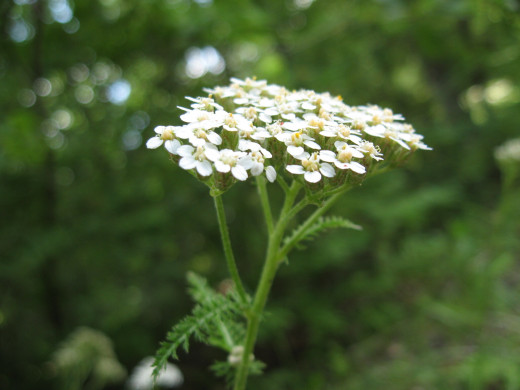
Related Backyard Herbalism Hubs
Some Herbal Sites
- Michael Moore - SW School of Botanical Medicine Home Page
Awesome archive of plant pictures and photos in various collections. Also provides access to some old eclectic herbals that, in the least, have historical and folk value. Interesting site. - American Herbalists Guild Calendar of Events
- Sage Mountain Herbal Retreat Center & Botanical Sanctuary
Offers various programs and events. - New England Women's Herbal Conference
Annual conference held in the Lake District of New Hampshire
Some Helpful Books
- The Complete Medicinal Herbal. This herbal written by Penelope Ody provides historical background on herbal medicine, a materia medica of commonly used herbs including photographs, characteristics and uses, and a review of home remedies including case histories. It is published by Dorling Kindersley.
- Nature's Children. One of Juliette de Bairacli Levy's many books, this one focuses on remedies for children. This book is published by Ash Tree. Juliette has lived closely to the ways of the gypsies and has also learned much about the treatment of animals with herbs. I highly recommend any book you find by her, for its anecdotes as well as information.
- Wise Woman Herbal: Healing Wise. This herbal written by Susun Weed contains an entertaining discussion of herbal traditions and some commonly found herbs including a multitude of uses. It is published by Ash Tree.
- Weeds of the Northeast. A plant identification guide by Richard Uva, Joseph Neal, and Joseph Ditomaso. Published by Cornell University Press in 1997.
- Weeds of the West. A plant identification guide by Tom Whitson. Published by the Western Society of Weed Science in 1992.
